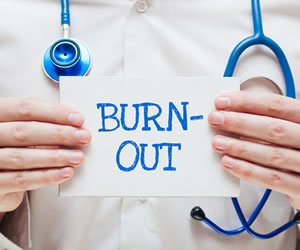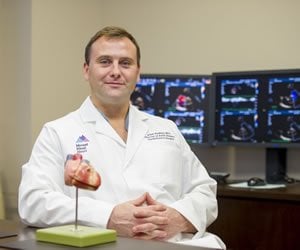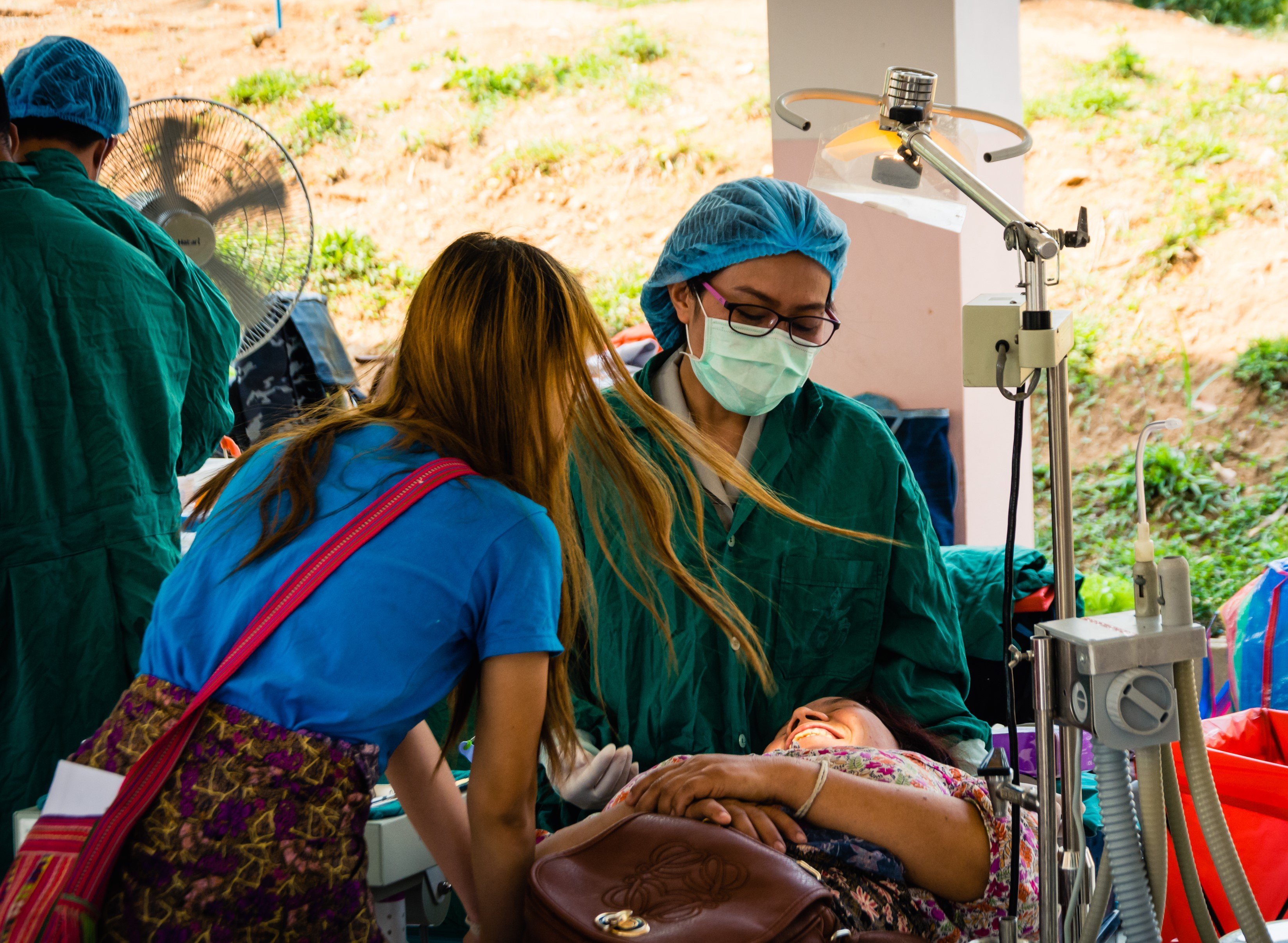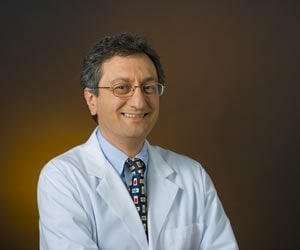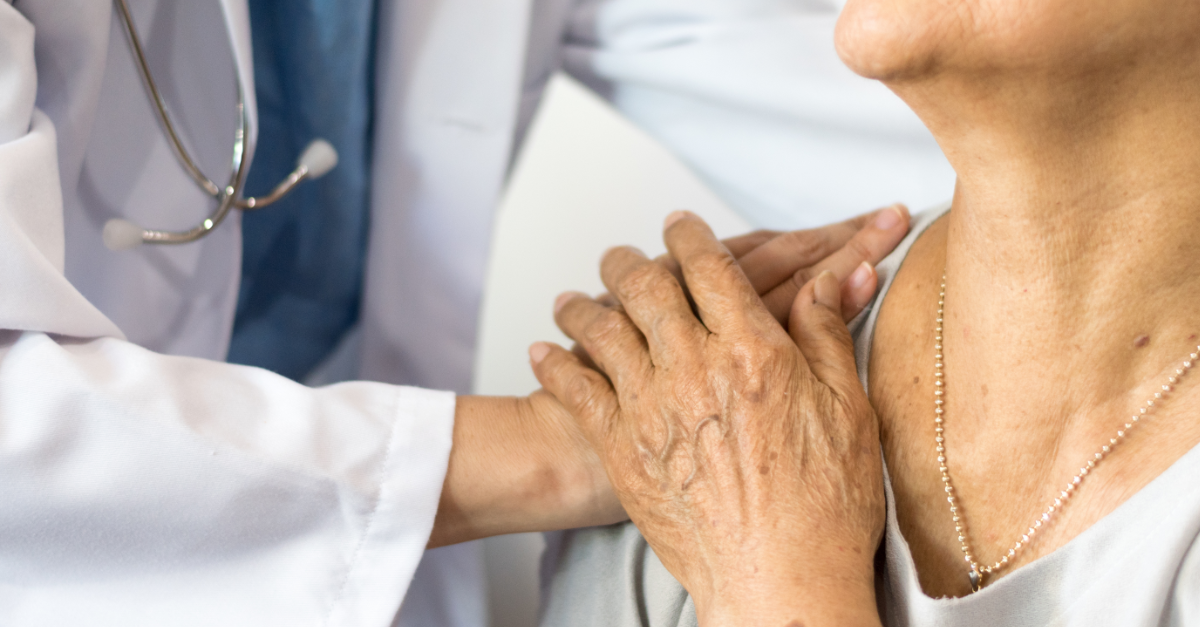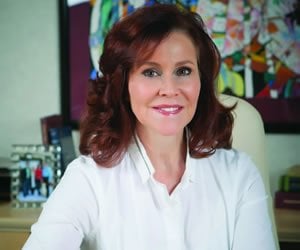Mary Lupo, MD, is a practicing dermatologist and clinical professor of dermatology at Tulane University School of Medicine. Dr. Lupo began using combination protocols for her patients that included collagen fillers, light chemical peels, and topical products such as Retin-A and alpha hydroxy acids with sun protection. She received a bachelor’s degree in biology from Newcomb College of Tulane University (summa cum laude, 1976). She received her MD from Tulane University School of Medicine (1980). She then completed an internal medicine internship at Ochsner Hospital (1980-1981) before entering the dermatology program at Tulane University School of Medicine (1981-1984), where she served as chief resident in her final year.
Dr. Lupo is a member of the American Academy of Dermatology (former committee member); American Dermatological Association; American Society for Dermatologic Surgery (former board of directors and committee member); Women’s Dermatologic Society (former president and committee member); Eastern College of Health Vocations (medical advisory board); TopMD Skin Care (medical advisory board); Strathspey Crown (founding member and operating partner); Annenberg Circle of the Dermatology Foundation; and Stegman Circle of the ASDS Dermasurgery Advancement Fund. Dr. Lupo is the author of more than 60 published articles and book chapters, and she has been a speaker on various dermatological topics at nearly 250 national and international meetings and seminars. She serves on the editorial board of Prevention Magazine, Current International, the Journal of European Academy of Dermatology and Venereology, and Cosmetic Dermatology. Dr. Lupo has been published in Journal of Drugs in Dermatology, Journal of Clinical Aesthetic Dermatology, Cosmetic Dermatology, Journal of Cosmetic Dermatology, The Skin Cancer Foundation Journal, Dermatological Surgery, Plastic Reconstructive Surgery, Dialogues in Dermatology, Journal of Dermatological Surgery Oncology, Postgraduate Medicine, and Archives of Dermatology.
Read more







